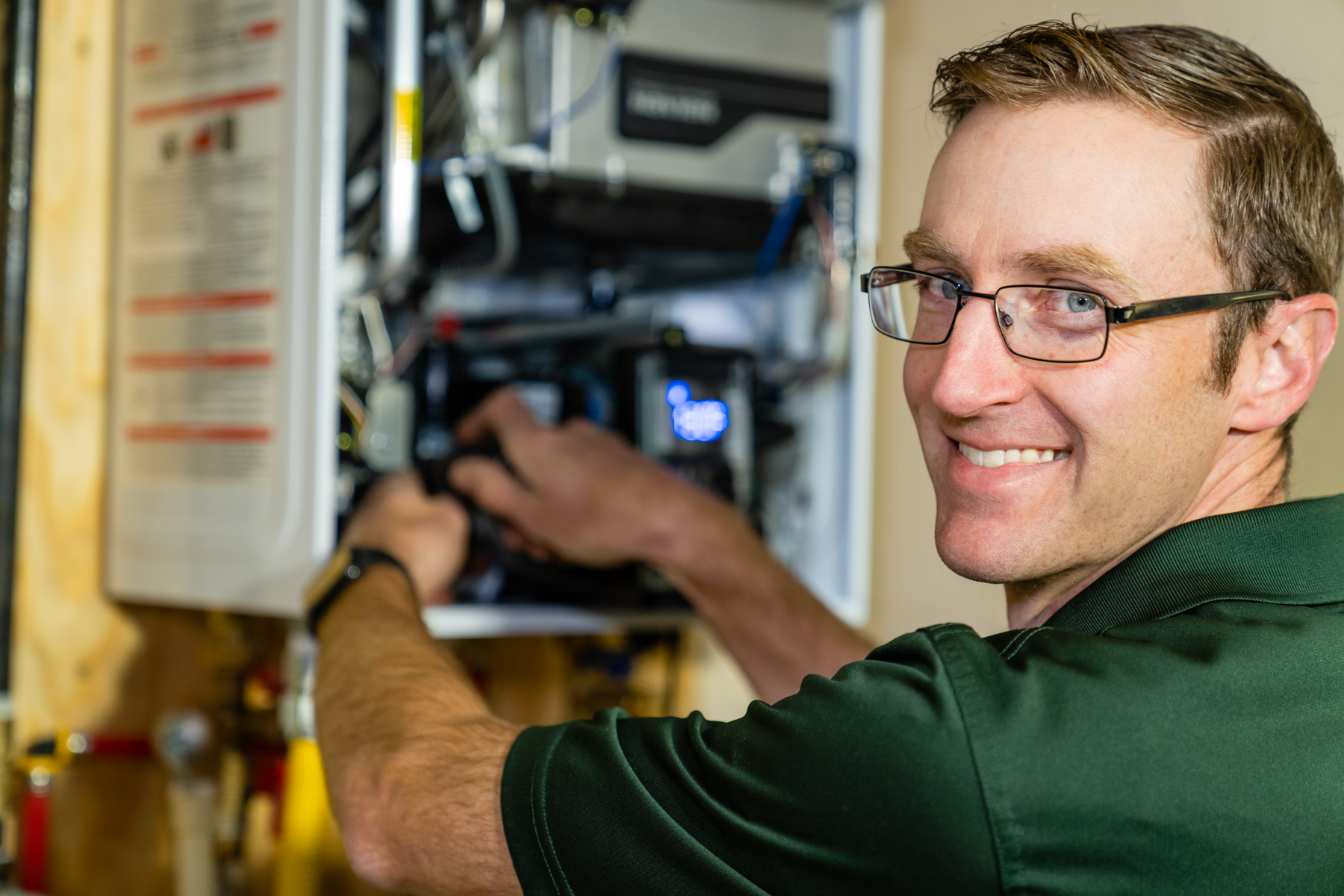Handling the Frequently Encountered Water Heater Emergencies
Handling the Frequently Encountered Water Heater Emergencies
Blog Article
Just how do you actually feel in relation to Common Hot Water Heater Problems?

A hot water heater is among the most essential standard appliances that can be discovered in a house. With hot water heater, you don't need to undergo the anxiety of home heating water by hand every time there is a requirement to take a bath, do the laundry, or the meals. There is constantly a possibility that your water heating system would act up as with most mechanical tools.
It is very important to keep in mind any type of little breakdown and tackle it rapidly before things leave hand. The majority of times, your hot water heater starts to malfunction when there is an accumulation of debris as a result of continual usage. As a preventative measure, routine flushing of your water heater is recommended to stop sediment build-up as well as prevent practical failing.
Typical hot water heater emergency situations as well as how to take care of them
Too little hot water
It may be that the water heating system can not sustain the hot water need for your apartment. You might update your water heating system to one with a larger capacity.
Varying water temperature.
Your water heating system could begin generating water of various temperature levels typically ice cool or hot warm. There might be a need to change either the thermostat or the home heating unit of your water heater.
Dripping water heater storage tank.
In this circumstance, you ought to turn off your water heating system, enable it to cool down, and also very carefully look for the source of the issue. At times, all you require to do is to tighten a couple of screws or pipe connections in cases of small leakages. If this doesn't work as well as the leakage persists, you could need to use the services of a technician for an ideal replacement.
Stained or stinky water
When this takes place, you require to understand if the problem is from the container or the water resource. If there is no funny odor when you run cold water, after that you are particular that it is your water heating unit that is malfunctioning. The stinky water can be caused by rust or the accumulation of microorganisms or debris in the water heating unit storage tank.
Conclusion
Some homeowners neglect little caution as well as minor faults in their hot water heater unit. This only causes more damages and a possible complete break down of your home appliance. You must manage your hot water heater mistakes as quickly as they come near stay clear of even more costs as well as unnecessary emergency troubles.
With water heaters, you don't require to go via the anxiety of heating water manually every time there is a demand to take a bathroom, do the laundry, or the meals. It may be that the water heating system can't sustain the warm water demand for your home. Your water heater might begin creating water of various temperature levels usually ice scalding or cool warm. If there is no amusing scent when you run chilly water, then you are certain that it is your water heating unit that is malfunctioning. The odiferous water can be created by corrosion or the buildup of germs or debris in the water heater storage tank.
Common Water Heater Issues and What You Should Do
What Type of Water Heater Do You Have?
Before we begin it’s first important that you identify the type of water heater you have on your property. There are two main types of water heaters out there: conventional and high efficiency.
Both of these types of products typically use either gas or electricity to heat power. There are also solar water heaters that use a thermal collector on the roof or yard to heat the water.
While these models are not as common, they can cut heating costs in half. In this article, we will focus on conventional and high efficiency.
How Do My Electric and Gas Water Heater Work?
Though they look similar, electric and gas water heaters work very differently. It’s important to know their basic function because often problems can be specific to the heating source.
In the electric model, a thermostat on the side of the machine detects the temperature of the water in the tank. When the temperature needs to rise electricity flows to a heating element suspended in the water.
Gas models also use a thermostat device — typically with a mercury sensor at the tip and an additional sensor called a thermocouple. The thermocouple detects whether the pilot light is on and controls the flow of gas.
When the thermostat drops below the appropriate level gas is released which becomes ignited by the pilot light. The flame heats the bottom of the water tank which causes hot water to rise and cold water to drop.
This natural circulation continues until the water reaches the desired temperature. Then, the thermostat triggers the gas control valve to shut off the flow of gas.
What Are the Most Common Issues and How Do You Fix Them?
https://happyhiller.com/blog/common-water-heater-issues-and-what-you-should-do/

I hope you enjoyed reading our piece about Is Your Water Heater Leaking?. Thanks a lot for finding the time to read through our article post. Sharing is nice. You just don't know, you might be doing someone a favor. Kudos for your time. Kindly come visit our website back soon.
Let's solve it, call now! Report this page